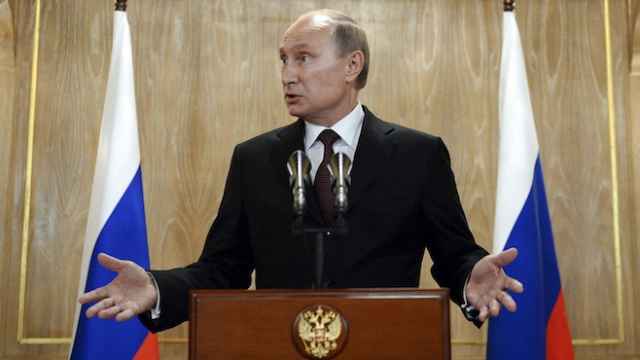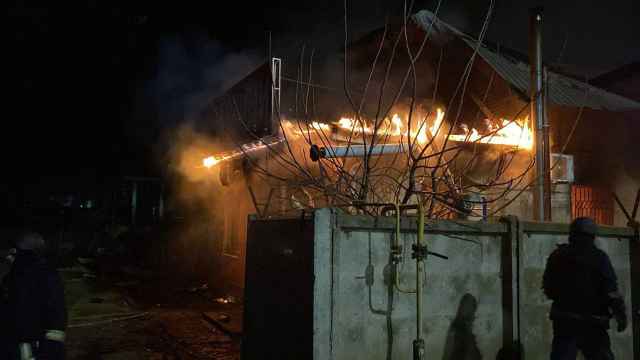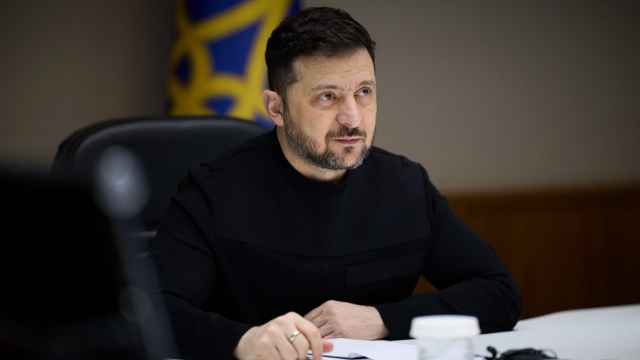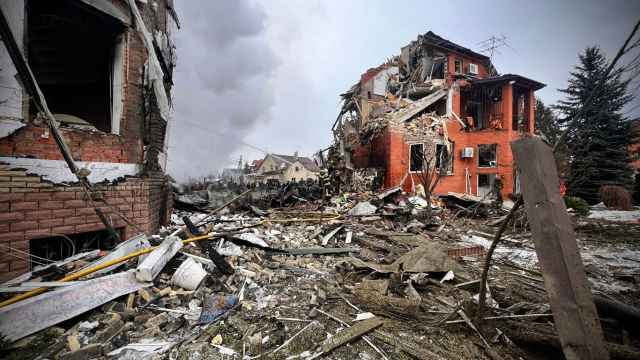The majority of Russians believe their country needs a form of "democracy" that is substantially different from that practiced in the West, a recent poll shows.
Asked what form of democracy would suit Russia, if at all, only 13 percent of respondents said that a Western-style democracy could work for their country, and only 5 percent saw it as a necessity for Russia's development, according to a survey by independent Levada Center pollster released Tuesday.
A more popular choice was the form of "democracy" practiced in the Soviet Union, which was favored as the best option for Russia by 16 percent of respondents.
Questioned specifically on whether Western-style democracies were an option for Russia, 45 percent of respondents said it would be "destructive" for the country, while another 39 percent found it an acceptable option but only in case of "substantial changes related to our country's specifics," the poll indicates.
The majority of respondents, 55 percent, said that the only form of democracy that could work for Russia was one that was "completely unique, corresponding to national traditions and Russia's specifics," according to the Levada Center report.
The notion of "osoby put," or special path, has historically enjoyed much support in Russia. According to that concept, Russia has its own, unique path of development, distinct from Western or Eastern trajectories.
Asked to what extent they saw themselves as belonging to a Western civilization, a large majority of respondents, 43 percent, said they did not identify with the West at all. Only 14 percent said Western culture played a role in their lives.
The poll did not specify whether Russia's "specific" democracy should include fair elections, free speech, independent courts or the freedom to assemble without permission from the authorities — all aspects that have come under stress under the nearly 15-year reign of President Vladimir Putin's administration.
The poll was conducted on Sept. 25-29 among 1,630 people in 46 regions of Russia. The margin of error was no more than 3.4 percentage points.
A Message from The Moscow Times:
Dear readers,
We are facing unprecedented challenges. Russia's Prosecutor General's Office has designated The Moscow Times as an "undesirable" organization, criminalizing our work and putting our staff at risk of prosecution. This follows our earlier unjust labeling as a "foreign agent."
These actions are direct attempts to silence independent journalism in Russia. The authorities claim our work "discredits the decisions of the Russian leadership." We see things differently: we strive to provide accurate, unbiased reporting on Russia.
We, the journalists of The Moscow Times, refuse to be silenced. But to continue our work, we need your help.
Your support, no matter how small, makes a world of difference. If you can, please support us monthly starting from just $2. It's quick to set up, and every contribution makes a significant impact.
By supporting The Moscow Times, you're defending open, independent journalism in the face of repression. Thank you for standing with us.
Remind me later.





